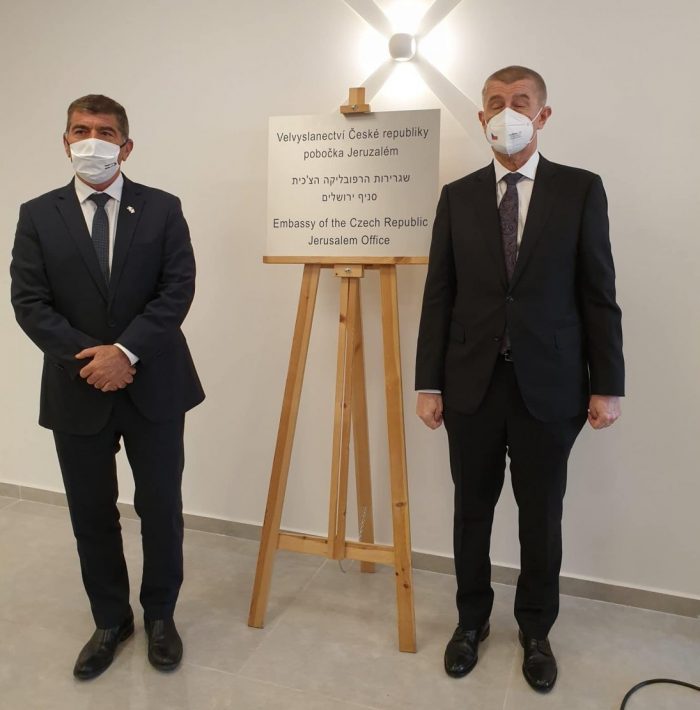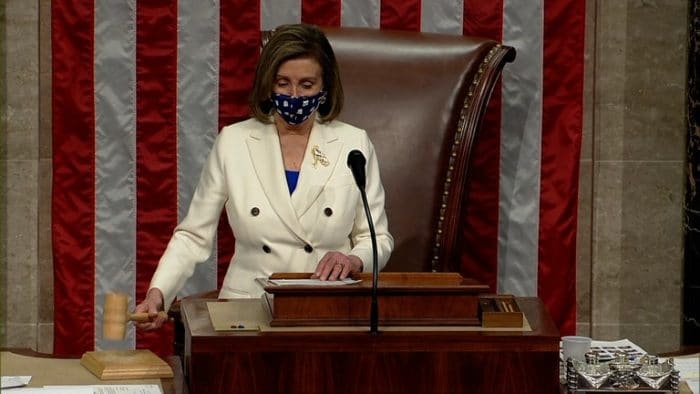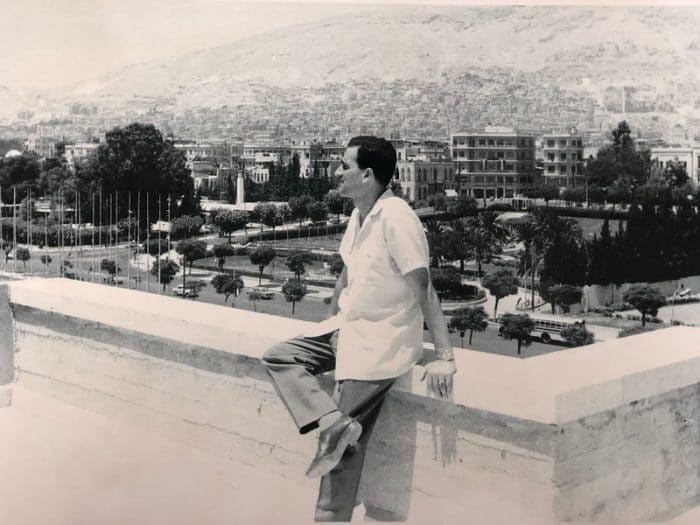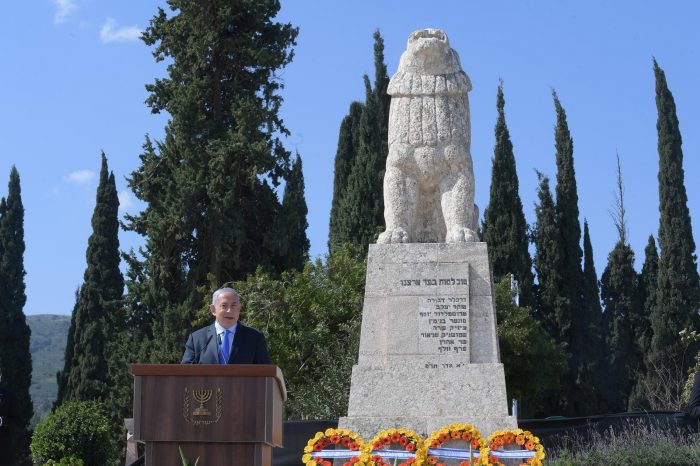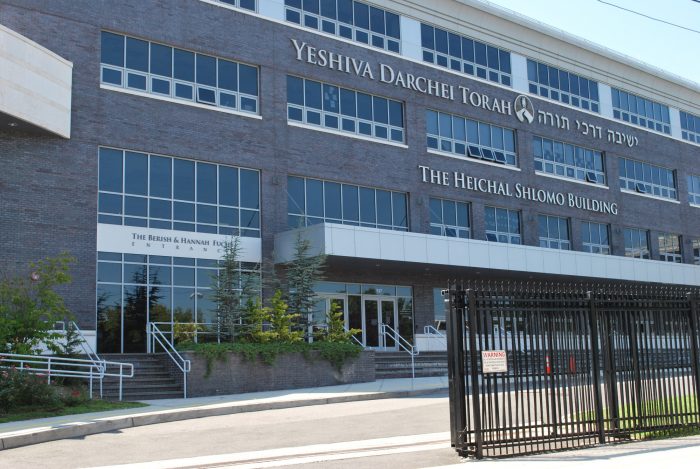Rav Moshe Weinberger
Every Jew carries the weight of responsibility not only for his own actions, but for those of all other Jews as well. As the Gemara (Sanhedrin 27b) says, “All Jews are responsible for one another.” This teaching means that each person is considered a “guarantor” for every other. This concept of interpersonal responsibility is the basis of, for example, one person’s ability to make kiddush for another even if he has already fulfilled his own obligation to make kiddush. While we have heard this teaching before and know its implications on a halachic level, how does it actually work? Why should one Jew be held responsible for the actions of others even if they have never met and they live on opposite sides of the world?
At the very end of Parshas Shoftim (Devarim 21:1-9), the Torah teaches us the mitzva of Egla Arufa which applies where a dead body is found between two cities. The sages of each city come with a calf to the place where the body was found and perform the ritual of the Egla Arufa and say, (Devarim 21:8) “Atone for your people Israel.” And then the parsha concludes, (Id. at 9) “And you shall remove the innocent blood from among you when you do that which is upright in the eyes of Hashem.”
The Ibn Ezra on this pasuk makes the following brief, but difficult, comment: “I believe the correct explanation is that which I have mentioned, that innocent blood will not be spilled in your land if you do that which is upright in Hashem’s eyes.” The Avi Ezer, explaining the Ibn Ezra’s words, says that if a person does that which is right in Hashem’s eyes in his personal life, the result is that he prevents innocent blood from being spilled and saves the would-be murderer spiritually from the desire to murder.
This teaching of the Ibn Ezra has wondrous implications. Hashem created the world in such a way that if I, in my own personal life, live a life of “that which is upright in the eyes of Hashem,” I can prevent the world from descending to a lower level and lift up the Jewish people to a higher plane of existence. The Gemara (Moed Katan 25b) illustrates this reality by recounting how, after the Amora Rabbi Elyashiv passed onto the next world, there were seventy burglaries in his town of Neharda. Rashi explains that, until that time, Rabbi Elyashiv’s merit prevented people from committing acts of theft. As long as Rabbi Elyashiv was alive, the power of his holiness prevented at least seventy criminals from carrying out the types of crimes they normally committed. We see that when even one Jew lives according to Hashem’s will, it “remove[es] the innocent blood from among” the Jewish people. The Jewish people become better and there is less murder, bullying, and hatred.
How does this take place? How can one Jew’s actions affect people he has never met?
Rav Chaim Vital, in his sefer Pri Eitz Chaim (Shaar Haslichos Ch. 8) explains that “The entire Jewish people are one body and every individual Jew is one limb [of that body]. This is the [the underlying reason for] the fact of responsibility, that one person is responsible for his friend if he sins.” Because we are all literally connected, every good thing that each of us do in our private lives uplifts the whole Jewish nation.
The Gemara (Avoda Zara 5a) explains a pasuk in Shmuel (2:23:1), which says, “The saying of Dovid ben Yishai, the saying of the man who was placed on high” based on the similarity of the word for “placed” which can also mean “established” and the word for “on high” which can also mean “yoke.” The Gemara then taught that Dovid Hamelech established the yoke of teshuva in the world. People had done teshuva before Dovid Hamelech, but the difference was that he was so in tune with the interconnection between all Jews that whenever he did a mitzvah, it was not only for himself, but was done in order to awake and uplift other Jews. His own personal teshuva unleashed a torrent of teshuva within the hearts of countless Jews.
The Divrei Chaim of Sanz once said that, in the beginning, he attempted to rectify the entire world. But after working for some time, he realized that he would not be able to do it, so he resolved to at least rectify his city. Later on, he saw that even this was not realistic, so he decided to just try and fix his family. Near the end of his life, he realized that he could not fix his family so he finally decided to simply try and perfect himself. After working on this for some time, he finally realized that by focusing on perfecting himself, he accomplished more in improving the world than he was ever able to when he was trying to repair the world.
Our goal in life is to do that which is upright in Hashem’s eyes. This does not mean we should do it specifically in order to elevate others. But we must know that every good thought, every good word, every good act, every pasuk we learn, every Mishna we understand, every page of Gemara, Tosafos, or pshat in Torah we understand on any level, every time we overlook it when someone slights us in some way counts in the deepest way. By doing any of these things, we rectify ourselves and everyone else as well because we are an inseparable part of the singular entity called “the Jewish people.” Because of the inner nature of our responsibility for others, we have an unlimited sphere of influence.
Rav Kook explains this concept beautifully in the third volume of Oros Hakodesh where he writes:
When a person feels Divine inspiration in his soul, he is conscious of the fact that whenever he elevates himself by doing good things and through a supernal awakening of longing for the Divine, righteous wisdom, true beauty and uprightness, he purifies the spiritual character of all of existence. All people become better in the innermost parts of their hearts when even one of them strives for a loftier good. He lightens the load of those with a sad spirit, [u’mahul b’nitfei nacham] by powerful awakening of G-d’s mercy in just one soul. Even wild animals and other dangerous creatures become more tame. Even the venom of poisonous snakes is tempered by the cosmic effect of a soul which delights in G-d.
May each of us merit to internalize the great importance of every thought, word, and action and never minimize our importance is the great scheme of Hashem’s plan.
Categorised in: From the Fire





